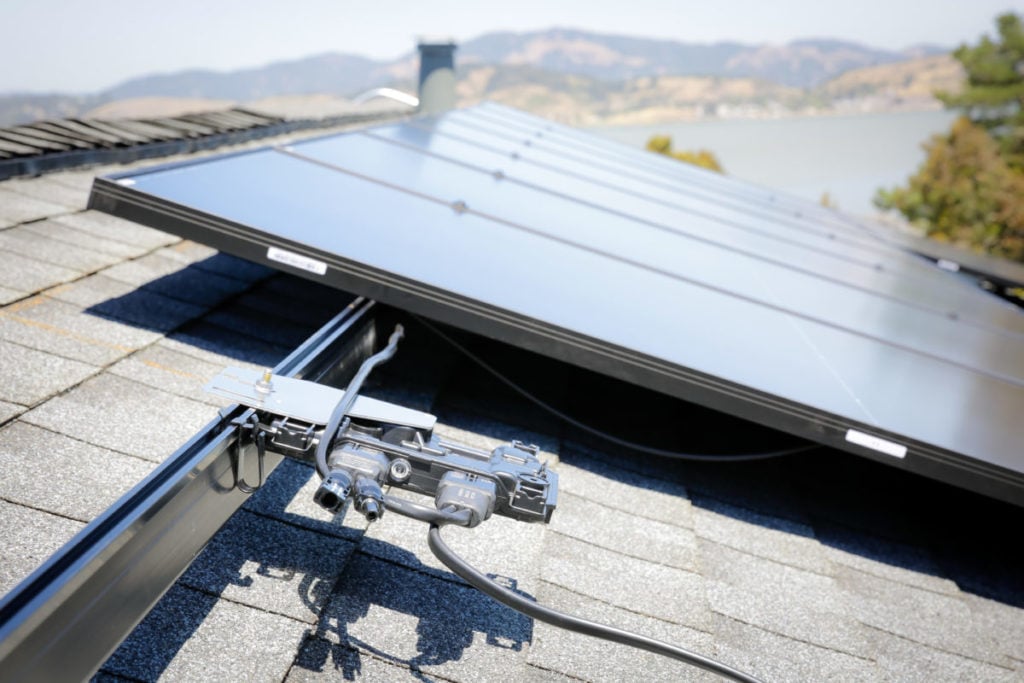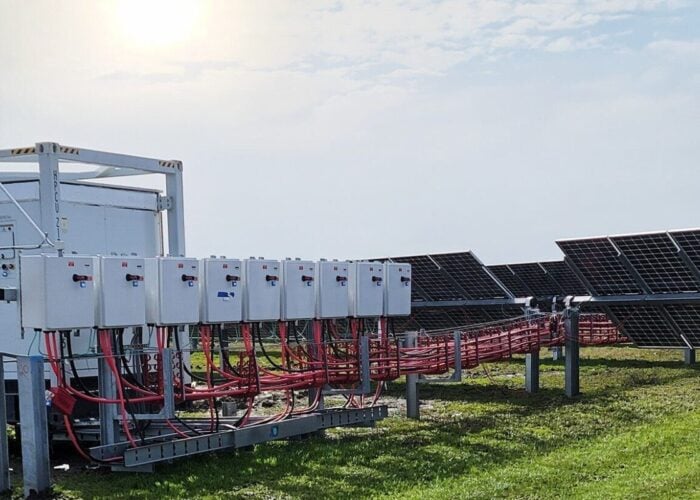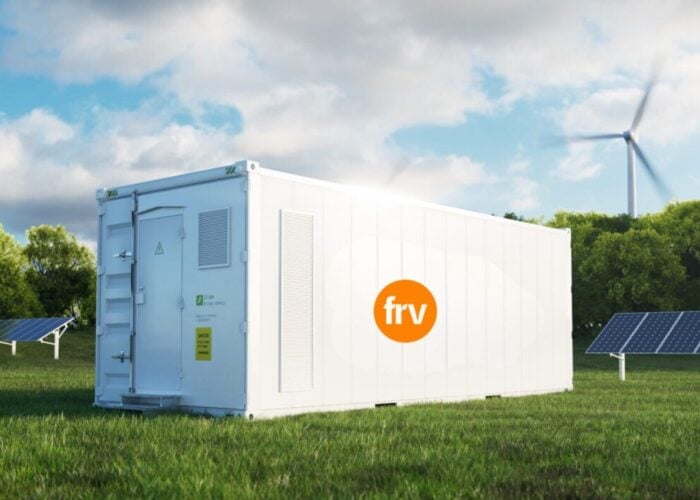
Europe boasts more than 82GW of annual inverter production capacity, but EU inverter companies’ market share in the continent is shrinking due to a lack of domestic support policies and fierce competition from Asia — especially China — accounting for only 21% as of 2023, according to trade body SolarPower Europe.
In its Inverters 2.0: Strengthening Europe’s inverter industry report, SolarPower Europe said Europe’s inverter manufacturing capacity grew from 72GW in 2022 to 82GW in 2023, representing a 14% growth. Last year, the global inverter manufacturing capacity reached 559GWac, with Asian countries accounting for 76.9% of the capacity, while European inverter manufacturers only produced 21% of inverters worldwide in 2023.
Try Premium for just $1
- Full premium access for the first month at only $1
- Converts to an annual rate after 30 days unless cancelled
- Cancel anytime during the trial period
Premium Benefits
- Expert industry analysis and interviews
- Digital access to PV Tech Power journal
- Exclusive event discounts
Or get the full Premium subscription right away
Or continue reading this article for free
SolarPower Europe said that despite this share, the EU has significant production capacities for power modules and microcontrollers. Solar inverter producers can currently also source these components directly in the EU.
Challenges in the European inverter market
However, production capacities in Europe were no longer being fully utilised, and companies’ investment decisions were increasingly being made in favour of non-European locations. There is also a growing entry of non-EU product manufacturers in the European market, according to SolarPower Europe.
“Although this has been supporting the growth of the EU inverter market, it is now leading to a massive displacement of inverters produced in Western countries away from the EU market,” the trade body said.
Competition from Chinese inverter manufacturers has been increasing in recent years. During the “boom phase” between 2021 and 2023, European production capacities for inverters could not be fully utilised due to severe supply bottlenecks for components from Asia. On the contrary, Chinese inverter manufacturers were significantly less affected. Combined with their comparatively lower costs per watt, Chinese inverter manufacturers took over large market shares in Europe.
SolarPower Europe said these Chinese companies offered “extremely low priced products” in Europe.
“The reasons for lower manufacturing costs and product prices of non-EU producers include the ease of doing manufacturing outside of Europe, larger economies of scale, the availability of lower labour and energy costs than in Europe, and an industrial strategy supporting domestic manufacturers,” it said.
As product price is still the primary decision factor for buyers, European inverter manufacturers can hardly compete with their counterparts in China, although they have improved data security, durability, sustainability, and service quality of their products.
In the future, SolarPower Europe said there is a growing risk of deindustrialisation in the EU on the inverter front, as some producers are already facing utilisation rates of 50% or even lower in their EU production facilities.
Some inverters are moving away from Europe. For example, US microinverter supplier Enphase Energy announced last year that it would reduce its global workforce by about 10% and ceased operations at its contract manufacturing locations in Timisoara, Romania. The company will focus on manufacturing microinverters in the US, with two existing contract manufacturing partners in South Carolina and Texas.
Measures to support inverter industry
SolarPower Europe suggested five measures to support the inverter manufacturing industry in Europe. Firstly, the right conditions for inverter manufacturers in Europe must be ensured. Measures include reliable and cost-effective supply chains for the critical materials that inverter manufacturers need, particularly electronics-related components such as semiconductors and controllers.
Secondly, SolarPower Europe suggested creating an Important Project of Common European Interest (IPCEI) for inverters, aiming to advance the solar inverter technology such as transistor scalability, critical component efficiency, grid forming capabilities and cybersecurity in solar inverters. The IPCEI can ensure the European solar inverter industry continues to have an innovative competitive edge.
Thirdly, the EU inverter manufacturing industry must be on a level playing field since production taking place outside of the EU could have minimum environmental and sustainability requirements. For example, the PV Ecodesign rules on inverters set minimum standards on environmental and sustainability performance for products entering the EU market.
The rules will also include minimum performance, reliability and repairability requirements. SolarPower Europe said these requirements will support the efforts of the manufacturing industry towards circularity. It will also lay the foundations for building a circular approach towards raw material recovery and use in EU manufacturing processes.
Aside from these suggestions, the European Parliament approved the Net-Zero Industry Act (NZIA), aiming to produce 40% of its annual deployment needs in net zero technologies by 2030. It also sets the goal to reach at least 30GW of operational solar PV manufacturing capacity by 2030 across the full PV value chain including inverters.
Therefore, SolarPower Europe urged member states of the EU to act swiftly to reduce the dependency on a single source of supply.
Lastly, the EU also needs to increase the number of skilled workers. One measure is to create a dedicated workstream under the new Solar Academy.






